A school climate specialist from the education consulting and research firm, WestEd, shared tips in a webinar this week that educators can use to help students—and themselves—minimize the emotional upheaval COVID-19 has caused so many people.
In a presentation titled “Creating a Culture of Care in Education,” Jenny Bentz gave the suggestions at our Future Ready Alliance’s second webinar on social and emotional learning (SEL.) Those who were unable to attend can access a recording of the talk and the presentation slides.
A sense of safety, security and connectedness, are fundamental to enabling the human brain to carry out higher level functions—like learning algebra—that aren’t essential to survival, Bentz said.
“If we’re missing all the moments to connect, and be regulated, we can’t actually do the learning, or the teaching,” she added.
To help students maintain social and emotional equilibrium, Bentz recommended several strategies including: establishing routines; maintaining consistency; beginning classes with grounding and centering exercises; creating welcoming rituals and other practices to build connection and relationships; taking breaks, with movement or scheduled rest periods; and encouraging relaxing activities and meaningful ones, like journaling.
Bentz stood in at the webinar for Christina Pate, PhD, a WestEd colleague who had been scheduled to speak but was unable due to an injury.






